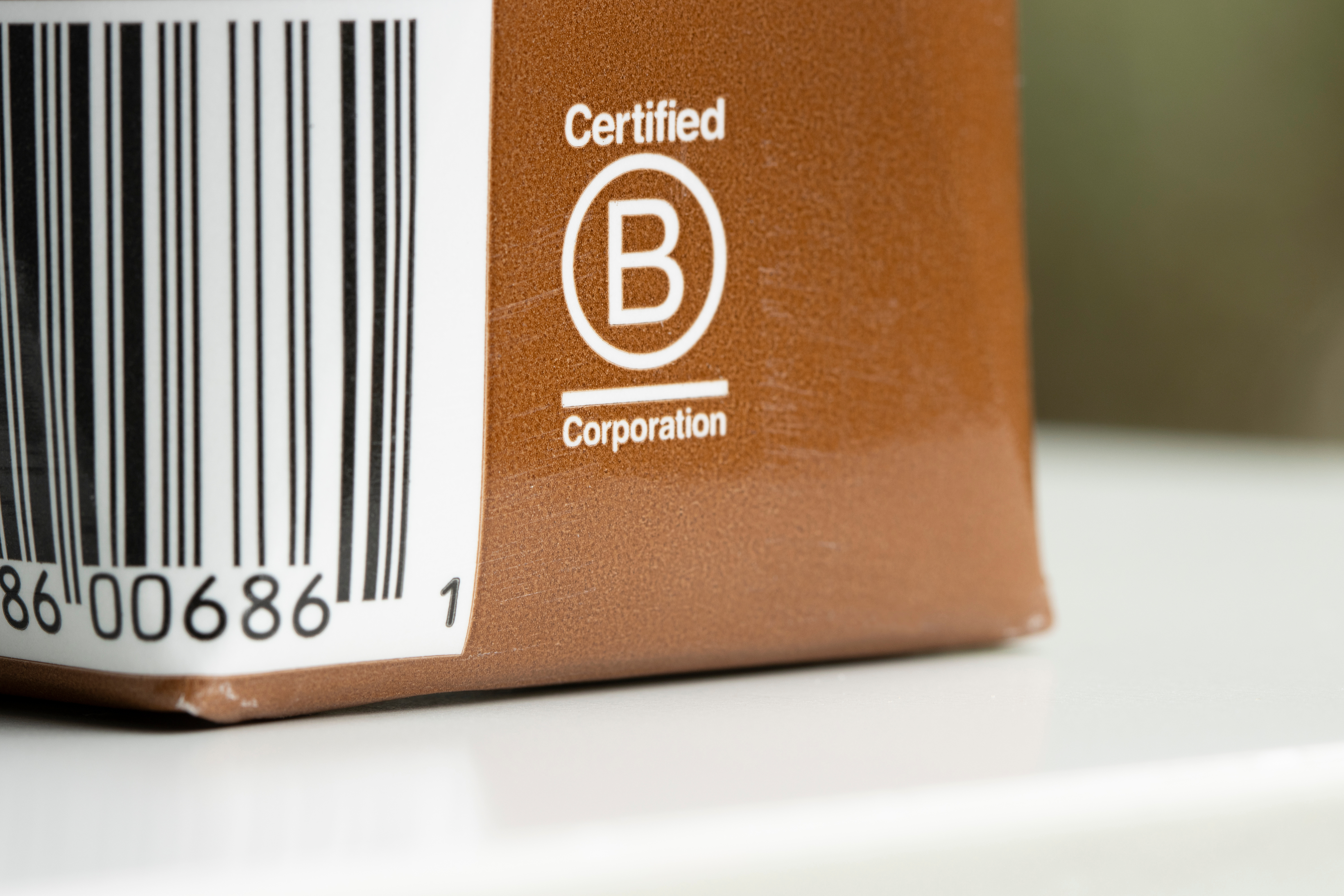
By Vilmer Ståhle
4 minute read
Vilmer Ståhle By Vilmer Ståhle
4 minute read
Navigating the complexities of certifications within the fashion industry requires more than just an understanding of standards; it demands efficient management tools. In today's conscientious market, a brand's certifications are not just about compliance but are strategic tools for demonstrating commitment, establishing trust, and ensuring regulatory adherence. This guide dives deep into the role of Product Lifecycle Management (PLM) solutions, particularly Delogue PLM, in simplifying the management of these essential certifications at both the product and component levels.
Why are certificates crucial for apparel companies?
In the fashion industry, certificates underscore a brand's commitment, setting the tone for its reputation and consumer trust.
Building trust and meeting regulatory standards: Certificates authenticate a brand's dedication to quality and sustainability, while ensuring it meets essential regulatory benchmarks. Non-compliance isn't merely about missed opportunities; it can result in substantial penalties and harm to the brand's image.
Strategic positioning and ethical commitments: Certificates offer a competitive edge in a crowded marketplace, reflecting a brand's alignment with consumer values around sustainability and ethics. They validate responsible production and sourcing, resonating with an ever-more conscientious consumer base.
Complexities and risks of certificate management: Managing certifications is a nuanced task. Evolving standards, region-specific requirements, and dynamic expiration dates demand meticulous oversight. Any oversight can lead to non-compliance repercussions, affecting both brand trust and revenue. Thus, a robust system for management becomes not just beneficial, but crucial.
The role of PLM in streamlining management of certification
Product Lifecycle Management (PLM) systems are changing the way apparel companies approach certification management. Here's how:
Centralized repository: Instead of scattered files, documents, and emails, PLM offers a unified platform. All certificates, from inception to expiration, are housed in one place, ensuring ease of access, consistency, and reduced chances of oversight.
Automated workflows and alerts: Gone are the days of manual tracking. PLM systems automate the certificate management process. With features like expiration alerts, brands are always a step ahead, mitigating risks of non-compliance.
Integration with design and product development: A PLM system isn't just about management; it's about integration. By linking certificates directly to specific products or components, it offers design and product teams crucial insights. This ensures informed decision-making that aligns with compliance requirements.
Efficiency and cost savings: With a PLM, brands can quickly identify which products are linked to specific certificates, streamlining the certification renewal process. The result? Significant time and cost savings.
In essence, PLM transforms certificate management from a daunting task into a streamlined, efficient, and integrated process. For apparel companies aiming for agility in an evolving market, adopting PLM isn't just an advantage; it's a necessity.
Challenges addressed by a PLM in certification management
Inefficiencies: In the absence of a dedicated PLM system, the management of certifications can become an arduous task, often mired in paperwork and disparate databases.
Risks: Fragmented and manual processes can lead to errors or oversights, with consequences ranging from financial penalties to compromised brand reputation.
Lack of Oversight: Without a centralized system, maintaining a comprehensive view of certifications, whether at the product or component level, becomes a significant challenge, hindering strategic decisions.
Delogue's Compliance Module: A Game-changer in Certificate Management
While certification bodies and institutes oversee the process of certification, managing these certificates efficiently falls upon the brand. Here, Delogue PLM has gone beyond what is standard in many PLM solutions.
Delogue's Compliance Module ensures compliance by seamlessly connecting product data with certified compliance documentation. With just a few clicks, you will be able to generate reports on the composition, origin, and responsible parties involved in the production of your products.
Moreover, Delogue PLM combines these features with:
Effortless collaboration in real-time: Guaranteeing that all products and their components possess the correct certifications requires seamless collaboration across various departments. Delogue PLM excels in facilitating this process, bridging any potential gaps in communication.
Intelligent automation of workflows: The system is designed to intelligently automate tasks, such as sending reminders for certificate renewals and seamlessly integrating updates from certification bodies.
Extensive integration capabilities: Recognizing the diverse range of operations within the fashion industry, Delogue PLM offers robust integration options. It seamlessly aligns with existing ERP systems and other specialized software to ensure a smooth and streamlined workflow.
Conclusion
The journey of fashion certification is multifaceted, bridging the meticulous work of certification bodies and the internal management by brands. Delogue stands as a beacon for apparel companies, simplifying the intricate process of certificate management at both product and component levels.
Book a discovery call and get a demonstration of how Delogue's compliance module can be setup to support your operations.